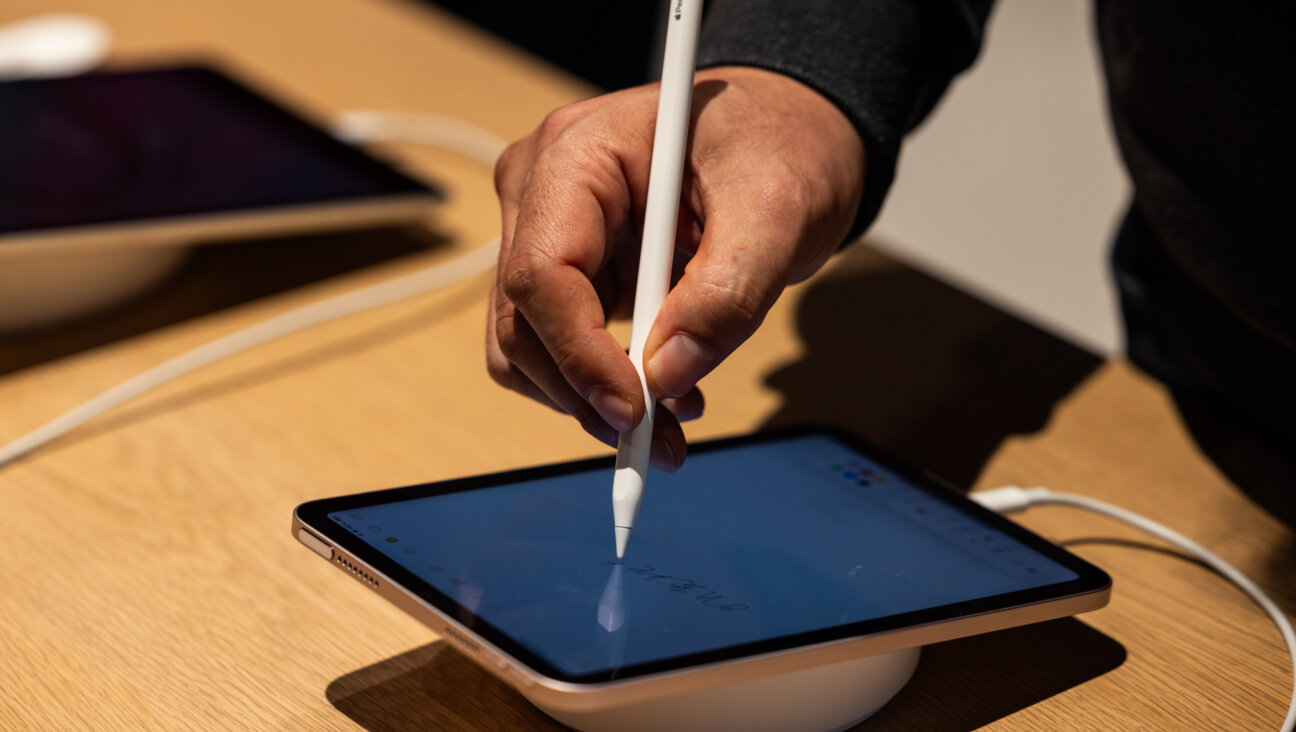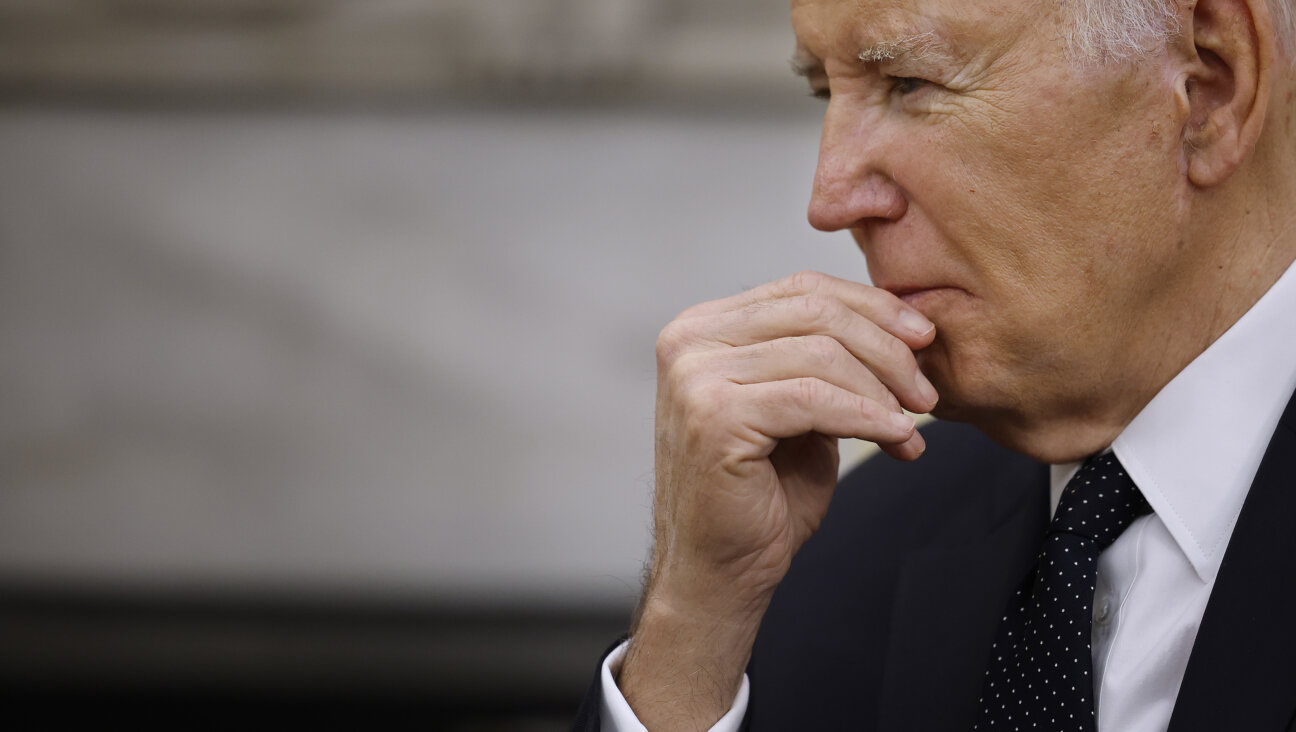She filmed the final days of her father’s life. Here’s what she wants us to know about assisted death.

Graphic by Angelie Zaslavsky
Ondi Timoner never meant to make a documentary about her father. But then, he decided to end his life at the age of 92.
For over a decade, Timoner, who directed acclaimed films about alt-rock group the Dandy Warhols, internet CEO Josh Harris and comedian Russell Brand, has been developing a narrative script about her dad, Eli Timoner, founder of Air Florida and a prolific philanthropist who, at the height of his career, suffered a stroke that left him partially paralyzed. In early 2021, Timoner filmed Eli’s responses to a draft of the script as he waited 15, California-mandated days for his assisted death.
The goal was never to show this footage publicly.
“I was literally just trying to bottle him up,” Timoner said from Park City, Utah, where “Last Flight Home,” the document of her father’s final days, is premiering at Sundance Jan. 24.
“I wanted to hear his voice again and be able to see his face and I think it’s the best use of my doc skills on a personal level ever,” Timoner said. “The fact that I was able to just roll in there and do it in an unobtrusive way as much as possible and to be able to capture it all is like, ‘Thank God I’m a doc filmmaker.’”
What started as a way to spend time with her father became “Last Flight Home,” Timoner’s most personal film, chronicling the life, humor and grief that accompanies assisted death, an option she believes is far too limited in its availability, and too byzantine in the states where it is legal. It’s also a portrait of a man whom Timoner calls an “impossible visionary,” one who made commercial flight accessible, and, in his last act, knew a lot about Bitcoin; had some choice, R-rated words for Donald Trump and wanted to tell Joe Biden his plans to pay reparations to Native Americans. (Eli knew Joe Biden, so his plea might have been heard.)
Though Timoner has already won two Grand Jury Prizes at Sundance, she says she feels some jitters premiering a film in which she trained the camera on her family for the first time.
“I feel naked and I feel very vulnerable,” Timoner said. “But I’m so happy that people are gonna get to meet dad.”
I spoke with Timoner about the film, the red tape involved with Right to Die legislation and why the vidui deathbed confession should go mainstream. The following conversation has been edited for length and clarity.
PJ Grisar: Did the personal nature of this project change your approach?

Ondi Timoner, director of “Last Flight Home.”
Ondi Timoner: I didn’t know I was making a film. I would start the cameras. And I would put a lavalier mic on anybody who sat with Dad. And I would film, but otherwise, I just cared about him and was with him and soaking up every minute I could have with him. But in the editing process, I got to be with him and visit with him. And it was like he was alive inside the Avid. It started with the memorial video my sister, who’s a rabbi, asked me to make. She thought it would be like five minutes and it turned into a 32 minute piece, and that’s when I realized how special the footage was and how much I enjoyed editing with him because he’s so funny. He’s so clever, and he’s so inspiring. And he’s so fearless that it gave us courage. So I just kept editing. I couldn’t stop editing, because I could spend nights with Dad. And I still feel that way. For my mother, it’s been so helpful. She watches the movie every night. She watches it when she misses him and there he is with her again.
Like some of your other work, this film is partially about a system. Could you speak to some of the frustrations involved with your father and Right to Die?
We didn’t even know that that law existed until he demanded to die. But then my brother found a wonderful hospice called Faith and Hope. What I want people to understand is that hospice is so important and death with dignity is so important for terminally ill people. We are able to put our pets to sleep and we can’t put ourselves to sleep. The process needs to be streamlined and should be more humane. And I think it’s honestly, PJ, a lack of dialogue around it, which is why even though my mother wanted me to remove some of the more difficult moments of my father’s death, I thought it was very important for people to see that once your heart is slowed down by one medication, and you’re already terminally ill, you still have to hold a glass by yourself and drink something in two minutes or terrible things could happen.
In a way the movie gives a roadmap for what a good death could look like. But when it comes down to the actual death, it was really hard. And we had to say goodbye to our loved one. And his last words were not peaceful. I left that in because I think it is important to talk about that. And why can’t it be a lethal injection? Or why can’t it be something you like pills or something that’s less painful if the person has signed multiple contracts and stated it with a clear mind and is terminally ill? Why does it have to be this process? And I do think it’s going to progress and this film, hopefully, we’ll be part of that progression.
In the film, Rachel, his daughter and his rabbi, leads him in this vidui prayer. It sort of seems like an extension of the film itself, allowing Eli to let go. But it is a difficult moment too, because it’s dealing with his shame. The shame of his bankruptcy and some of his failures in business.
Yeah you saw me try to make him feel better! A lot of people said that they relate to me in that scene, that they would try to make their loved one feel better. But that’s actually a great learning point. You can’t make someone release shame. They have to do it themselves. And that vidui is something that is so beautiful and important. I hope that that is something that people who see this film are able to bring into their own process. I don’t think people know about that as one of the best one of the best techniques I’ve ever seen. Even therapy. It’s better than that. It’s incredible.
Rachel talks about how he informed her journey – this moment of coaching him to get his hand to move after his stroke. In what ways has he shaped your path and your work?
My father was my hero. Growing up, he was just never interested in being right. He was interested in loving everyone and caring and providing and he always instinctively did what was good. He changed the governing laws around aviation with deregulation in order to be able to make flying affordable for everyone with Air Florida. And it’s an incredible gift to have a role model like that in your life. When he was struck down in his accident, when his neck was cracked, it was very, very traumatizing to me and I think at that moment, I learned that security is an illusion.
I think it helps me to appreciate the present and appreciate life, but to know that it’s fleeting, and that every moment is precious and gone. I naturally am an artist and I went for a career that has ups and downs and a lack of security. I have done my best to create financial security for my family, watching my parents lose everything, that was something that really impacted me realizing that no matter what love is the most is the most important thing. They say love is more powerful than death. And I can say now going through it, going through the death of my father, it’s true. He’s right there. I don’t know that he’s like, right here standing with me in this room, but he’s right here. His memory is already a blessing.
“Last Flight Home” is screening virtually at the Sundance Film Festival Jan. 24 at 7:15 p.m. EST, followed by a Q&A with Ondi Timoner. A second screening is Jan. 26 at 10:00 a.m. EST. Tickets and information can be found here.






















